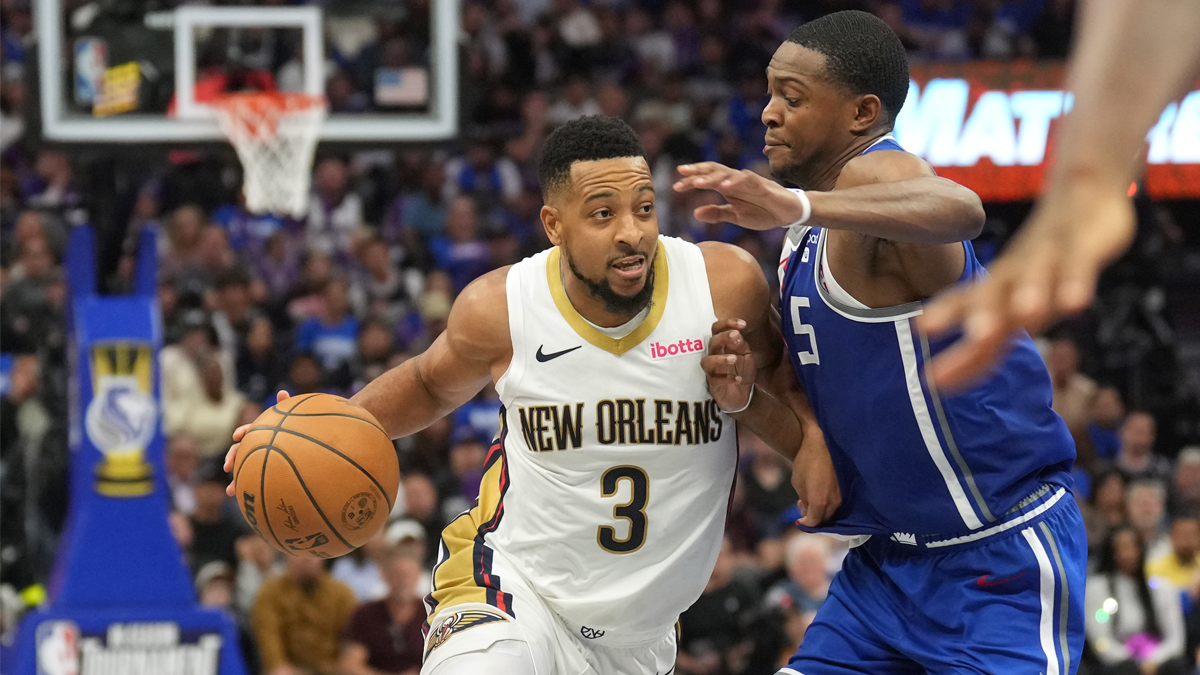INDUSTRY, Calif. -- The annals of pro football are filled with miracle comebacks, which might be why billionaire Ed Roski thinks he can build a new $800 million stadium and lure a team to Los Angeles County after so many others have failed.
A key part of his plan goes to the city of Industry's 82 registered voters Tuesday, when they cast ballots on a bond measure that would provide $150 million to pave the way for the stadium with infrastructure improvements.
City Manager Kevin Radecki expects approval by voters -- mostly old-timers who own homes grandfathered into the city about 15 miles east of Los Angeles when it incorporated five decades ago and zoned all the land for industrial use.
Roski's Majestic Realty Co. is headquartered in Industry and he has considerable political clout there.
"Oh, it's going to happen -- 100 percent," said John Semcken, the Majestic partner managing the stadium project with Roski, who declined to be interviewed.
Majestic, which helped develop Staples Center, the home of the NBA's Lakers and Clippers and hockey's Kings in downtown Los Angeles, is convinced a disgruntled football team would jump at the chance to play in a sparkling new stadium.
The company has already spent $8 million on plans for the project that developers say would break ground as soon as a team is locked in -- if it can overcome several potential challenges.
Sports
Get today's sports news out of Los Angeles. Here's the latest on the Dodgers, Lakers, Angels, Kings, Galaxy, LAFC, USC, UCLA and more LA teams.
Neighboring cities worried about traffic and noise are already threatening lawsuits to stop the stadium. And there is no guarantee the change-averse National Football League would condone Roski shaking loose a team from its current home field.
"Leagues don't like their teams to be moving from their established markets," said Marc Ganis, president of Chicago-based consultancy SportsCorp. "You have to have a very high level of certainty that the team would be successful."
The string of ill-fated stadium schemes in Los Angeles began even before poor ticket sales and TV blackouts drove the Rams and Raiders from the nation's second-largest market after the 1994 season.
The small city of Irwindale, 20 miles east of Los Angeles, gave Raiders owner Al Davis $10 million in 1988 to show its good faith in pursuing a plan to turn a gravel pit into a 65,000-seat stadium. But environmental issues, financing problems and regional opposition scuttled the proposal. Irwindale never got back a penny.
Roski was previously among the backers of a plan to renovate the Los Angeles Memorial Coliseum for an expansion team after the Raiders and Rams left. But the new team went to a Houston after the Los Angeles interests were outbid by some $150 million.
Subsequent efforts to renovate the Coliseum and Rose Bowl, and build new stadiums in cities such as Carson and Anaheim were largely thwarted by community opposition and a reluctance to sweeten the deal for the NFL with public funding.
With so few residents, Industry would pose fewer obstacles, said Max Neiman, an associate director at the Public Policy Institute of California.
"You don't have a kind of ordinary political process taking place in that community," Neiman said. "You don't have the usual array of local gadflies and oversight and neighbors."
The sausage-shaped city is a 12-square-mile maze of warehouses, factories, strip malls and topless bars along two freight rail lines and a major freeway. It was incorporated in 1957 amid the pastures and citrus groves that would later develop into sprawling Southern California suburbs.
"That was the plan, to make it a city where industry and business could exist without the drawbacks you get when you're a regular community," said resident Marilyn Iriarte, who served on the local election board when the city incorporated.
By the early 2000s, Industry's only major undeveloped parcel was a hilly outcropping between the freeway and a row of Majestic-owned warehouses. Roski began planning the stadium there last year.
Renderings show sleek glass skyboxes cantilevered over bleachers. The stadium would be bordered by mid-rise buildings with offices and shops to be built during a later phase of development.
Semcken said a team could be playing in the new stadium by 2012 -- if all goes according to plan.
But Ganis said the NFL, which would have to approve a team move, was likely to be less than thrilled with the humdrum location so far from what he called the "pizazz" of Los Angeles.
"It's a compromise location, not a preferred location," he said.
NFL spokesman Brian McCarthy said the league was monitoring potential stadium developments in the Los Angeles area but declined to comment on specific sites or teams that might move to the region.
Semcken said he and Roski have identified at least eight teams -- including the Oakland Raiders, Buffalo Bills and Minnesota Vikings -- that need a new stadium but are playing in cities unlikely to provide one.
Roski has agreed not to make any formal overtures to team owners until the Industry City Council certifies his plan, which it could do as soon as Thursday.
Majestic intends to finance the stadium privately. If voters approve Tuesday's bond measure, developers would repay the $150 million through ticket sales and parking fees.
If the measure is defeated, Radecki said the city could try to find other ways to pay for the infrastructure improvements.
Iriarte said she had already voted for the bond measure with an absentee ballot because she thinks a stadium would lure even more businesses to Industry.
"They'd look at us and say, 'This is a viable city. You have everything here -- even a football stadium,"' she said.



